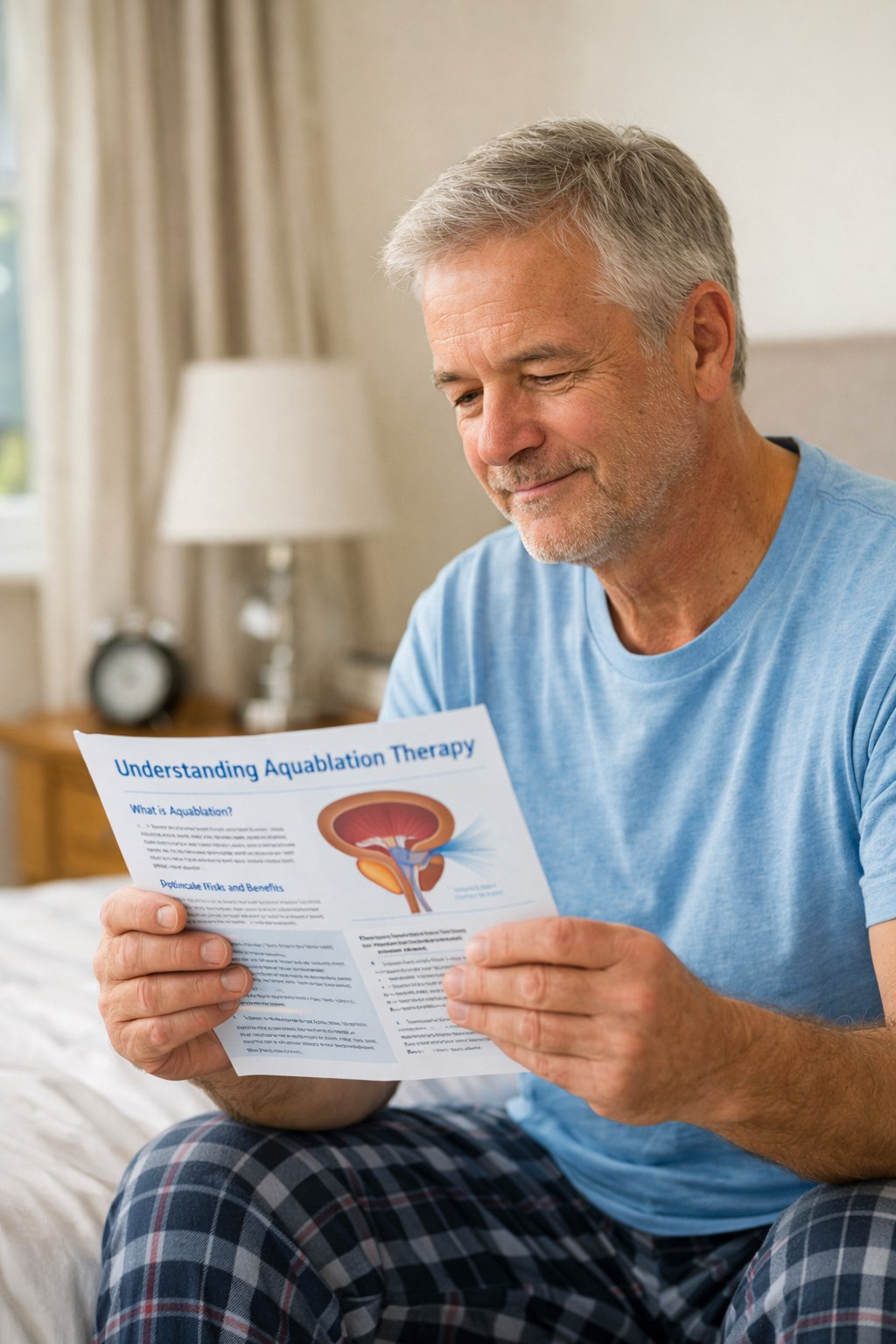Testosterone is a critical hormone in men that influences everything from muscle strength to mood. Some men suffer from low levels of testosterone, a condition known as hypogonadism. This can lead to symptoms like fatigue, depression, and reduced libido. To address these issues, doctors often prescribe testosterone replacement therapy (TRT), which involves supplementing testosterone to restore normal levels.
However, there's been a lingering question: Does TRT increase the risk of prostate cancer? The prostate is a small but significant gland in men that produces seminal fluid. Changes in the prostate gland can sometimes lead to cancer, which is why understanding the relationship between TRT and prostate health is crucial. A major clinical study has provided new insights. Here’s what the researchers found out.
Does Testosterone Replacement Therapy Increase Prostate Cancer Risk?
Between 2018 and 2023, a comprehensive study was conducted to investigate the potential risks of TRT, particularly its impact on prostate cancer. This study included over 5,200 men aged 45 to 80 years from 316 different locations across the United States. These men had testosterone levels below 300 ng/dL and exhibited symptoms of hypogonadism. The participants were divided into two groups: one group received TRT through a testosterone gel, and the other group was given a placebo gel.
The study tracked the development of prostate-related health issues in these men over several years, offering valuable data on whether TRT influences prostate cancer risk.
Key Findings: Testosterone and Prostate Cancer Incidence
- High-Grade Prostate Cancer Risk: High-grade prostate cancer, marked by a Gleason score of 4+3 or higher, is more aggressive and potentially more dangerous. The study found that only 5 out of 2,596 men who received TRT developed high-grade prostate cancer, compared to 3 out of 2,602 men in the placebo group. This minor difference was not statistically significant, suggesting that TRT does not substantially increase the risk of aggressive prostate cancer.
- Overall Prostate Cancer Risk: When considering all types of prostate cancer, 12 men in the TRT group and 11 men in the placebo group were diagnosed with the disease. This small difference again suggests that TRT does not notably increase the overall risk of developing prostate cancer.
- Impact on Acute Urinary Retention and Prostate Surgery: Acute urinary retention is a condition where a man suddenly cannot urinate, which can be serious and require emergency care. In this study, 20 men in the TRT group and 16 men in the placebo group experienced acute urinary retention. Additionally, invasive prostate surgeries (such as procedures for an enlarged prostate) were slightly more common in the TRT group (23 men) compared to the placebo group (12 men), but this difference was not statistically significant.
- Understanding PSA Levels and TRT: PSA, or prostate-specific antigen, is a protein produced by the prostate gland. Higher PSA levels can be an indicator of prostate cancer. The study found that men on TRT had a slight increase in PSA levels compared to those on the placebo. However, these increases did not lead to a higher incidence of prostate cancer, suggesting that while TRT might slightly elevate PSA levels, it doesn’t necessarily mean an increased risk of cancer.
Is Testosterone Replacement Therapy Safe for Your Prostate?
For men suffering from low testosterone, TRT can be a powerful treatment option that significantly improves quality of life. This study provides reassuring evidence that TRT does not appear to increase the risk of prostate cancer, acute urinary retention, or the need for invasive prostate surgery.
That said, it’s crucial for men considering TRT to undergo regular check-ups, including PSA tests, to keep a close eye on their prostate health.
While the overall risks seem low, each person's situation is unique. The decision to start TRT should always be made in consultation with a healthcare provider, weighing both the benefits and potential risks.
What This Study Means for Men Considering TRT
This large-scale study adds valuable knowledge to our understanding of TRT and its effects on prostate health. It helps both doctors and patients make more informed decisions about whether TRT is the right choice. While TRT appears to be safe for the prostate in most men, ongoing monitoring and individualized care remain key components of successful treatment.


